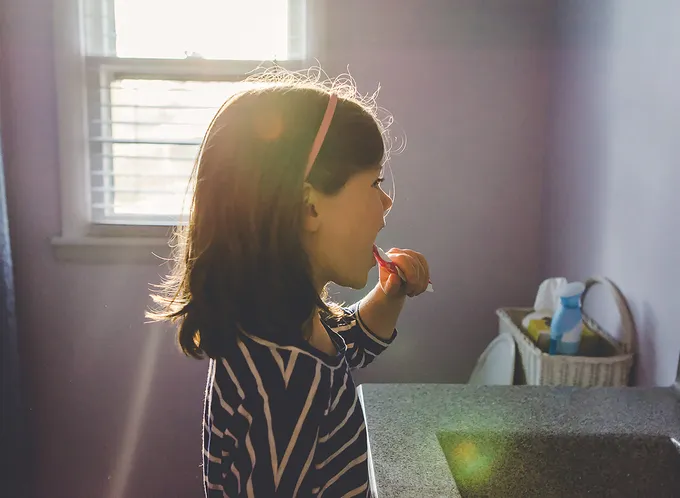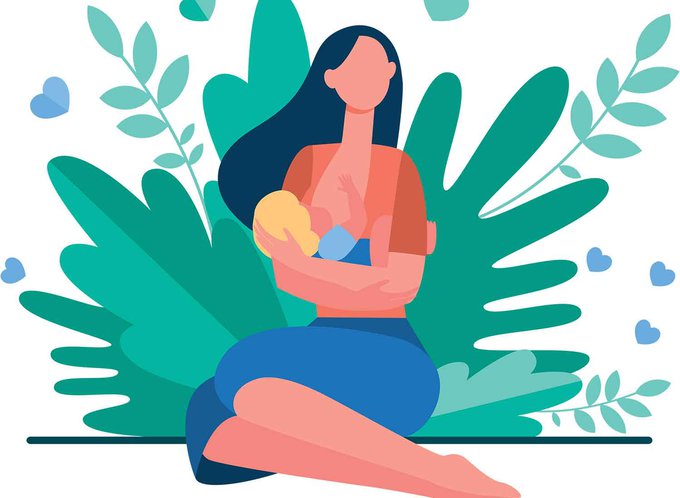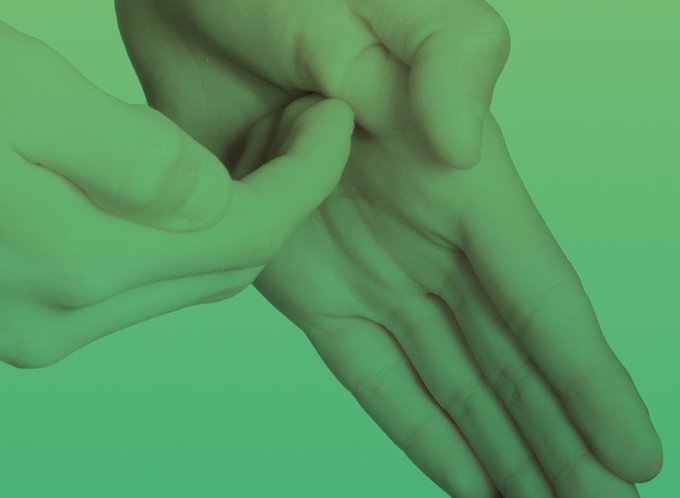Āki is MAS’s health and wellbeing portal, which is free to all Members and their families. The following story, originally published on Āki, has been republished in OnMAS with permission from Synergy Health.
Practising gratitude seems like such a small thing, but its benefits are immense.
By taking time to notice and reflect upon things we’re thankful for, we can experience more positive emotions, feel more alive, sleep better, strengthen our immune systems and feel less lonely and isolated. A regular gratitude practice can also help us build resilience and deal with adversity more effectively.
Gratitude is a thankful appreciation for what we receive or already have, whether tangible or intangible.
It’s the act of feeling and communicating appreciation for people, circumstances and things in our lives. It allows us to mindfully acknowledge the good in our lives and cherish our present in ways that can make us feel abundant rather than deprived.
In the process, people usually recognise that the source of that goodness lies at least partially outside themselves. As a result, being grateful also helps people connect to something larger than themselves as individuals – whether to other people, nature or a higher power.
At its foundation, gratitude is a healing, life-affirming and uplifting human experience that shifts us from focusing on the negative to appreciating the positive in our lives.
The science of gratitude
In his book The Upward Spiral: Using Neuroscience to Reverse the Course of Depression, One Small Change at a Time, Dr Alex Korb talks about how gratitude boosts the neurotransmitters dopamine and serotonin and the hormone oxytocin, all associated with wellbeing and having a positive outlook on life.
Studies have also found that:
- gratitude is the best predictor of wellbeing out of any character strength
- people with heart disease improve their heart health through practising gratitude
- teenagers who feel grateful are less likely to abuse drugs and alcohol
- grateful people have more self-control, which helps with healthy eating and quitting smoking
- gratitude reduces insomnia and depression, increases happiness and improves immunity.
Counting your blessings improves your self-esteem, because when you feel better about your life, you are less likely to compare yourself negatively with others.
6 ways to cultivate gratitude
Some people are naturally more grateful than others, but the good news is we can all become more grateful through practice.
- Keep a gratitude journal
Each day, write down three things you’re grateful for. Be specific and focus on the details of the experience. For example, write “I’m grateful that my partner made me a cup of coffee this morning” rather than “I’m grateful for my partner”. Another question to ask yourself to stimulate reflection is “What three things went well today?” - Say thank you
Look for opportunities to say thank you for the small things. As Jon Kabat-Zinn says, “The little things? The little moments? They aren’t little.” Saying thank you or holding the door for someone – these little moments can change the tone of your whole day. - Use reminders
Two obstacles to gratefulness are forgetfulness and a lack of mindful awareness, so use reminders to prompt thoughts of gratitude. Put a sticky note on your screen or set a calendar appointment or notification on your phone. - Write a thank you note or letter
Express your enjoyment and appreciation of someone’s impact on your life. Send it, or better yet, deliver and read it in person if possible. Make a habit of sending at least one gratitude letter a month. Once in a while, write one to yourself.
- Meditate
Mindfulness meditation involves focusing on the present moment without judgement. You can focus on a word or phrase like ‘peace’ or ‘thank you’ or a sensation like the warmth of the sun or the sound of the birds. Or try a guided loving-kindness meditation. - Include others
At mealtime, ask each person at the table to share something they’re grateful for that day. Kids can learn to increase their feelings of gratitude too.
In a two-week module now on Āki, you’ll learn ways to reconnect with your life’s positive energies through cultivating the art (and science) of appreciation.
Know someone who might enjoy this?
Read this next
-
November 2023
News in brief
-
November 2023
When MAS was there for me
-
November 2023
MAS measures its carbon footprint with Toitū Envirocare
-
November 2023
Protecting pearly whites
Greater good
See all-
March 2021
Candles for a cause
-
March 2021
Helping Kiwi babies thrive
-
March 2021
Creating a Deaf-inclusive Aotearoa







